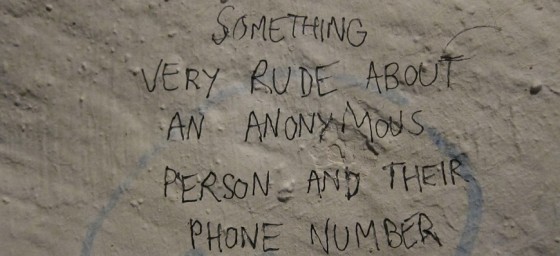This is a question I’ve been getting more frequently lately – people asking about the legalities of posting another person’s personal information on the Internet, sometimes referred to as doxing. And of course as any regular reader would know, the answer to every legal question is, “It depends.”
If you have shared your information with others in a public place whether it’s through a directory like the white pages or informally through social media, there may be nothing you can do to stop somebody from sharing information that you have previously freely shared with the public. Please note, regardless of your privacy settings, there is no expectation of privacy in anything you post on social media. It may be very easy for someone to piece together your name, your hobbies, where you work, what city you live in, and information about your family from posts and pictures you posted online. Look how easy it was for Jack Vale to surprise and frighten people based on what they posted on Instagram.
Conversely, there may be situations where somebody releases your private personal information, such as your unlisted phone number, your social security number, or other information that any reasonable person would know you would want to remain confidential. You are state may have a law against the public release of private information that you could use to get compensation from the person who shared your information. Depending on the circumstances and your local laws, sharing your personal information may be a type of harassment. If you think you’ve been the victim of cyberharassment, please contact your local law enforcement agency for assistance.
My advice is, “Think before you post.” Never put anything on the internet that you wouldn’t put on the front page of the newspaper. This rule applies even if you think you’re posting anonymously or with an alter ego because there is always a risk that you could be unmasked. In addition to being careful about what you post online, be careful about what information you share with others both verbally and in writing. Also be careful about who you let use your computer or phone if you have information on it that you don’t want to get out, or else you might find yourself in a similar situation as a kind teacher who let students use her cell phone. They repaid her kindness by sharing the intimate photos they found on it.
If you are interested in the dos and don’ts regarding privacy and the internet, please check out my book The Legal Side of Blogging: How Not to Get Sued, Fired, Arrested, or Killed. You can also connect with me on Twitter, Facebook, LinkedIn, or send me an email.
